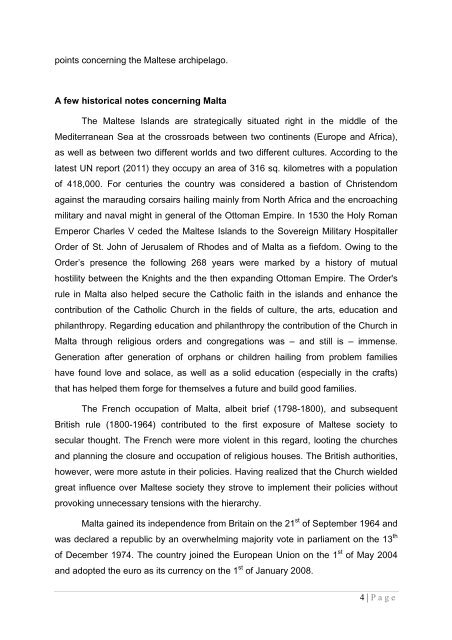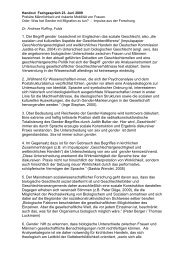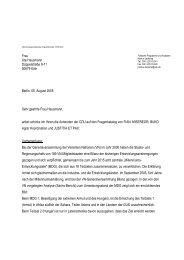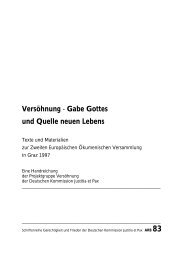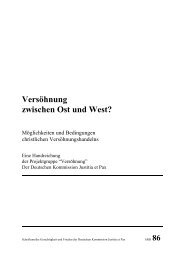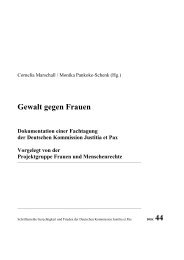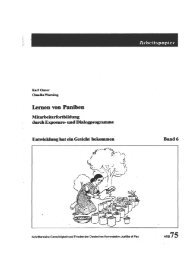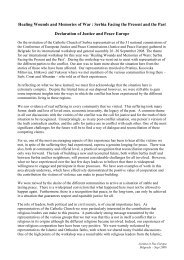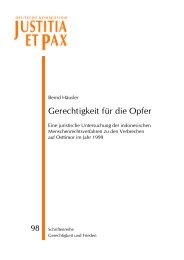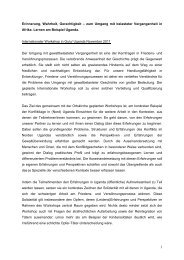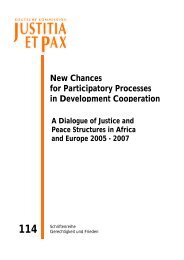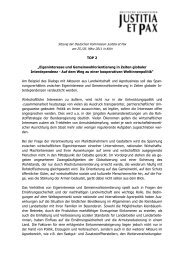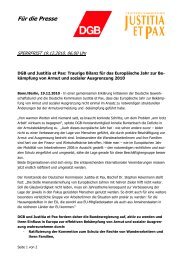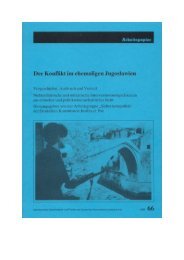Fr Joseph Ellul OP - Justitia et Pax
Fr Joseph Ellul OP - Justitia et Pax
Fr Joseph Ellul OP - Justitia et Pax
Create successful ePaper yourself
Turn your PDF publications into a flip-book with our unique Google optimized e-Paper software.
points concerning the Maltese archipelago.<br />
A few historical notes concerning Malta<br />
The Maltese Islands are strategically situated right in the middle of the<br />
Mediterranean Sea at the crossroads b<strong>et</strong>ween two continents (Europe and Africa),<br />
as well as b<strong>et</strong>ween two different worlds and two different cultures. According to the<br />
latest UN report (2011) they occupy an area of 316 sq. kilom<strong>et</strong>res with a population<br />
of 418,000. For centuries the country was considered a bastion of Christendom<br />
against the marauding corsairs hailing mainly from North Africa and the encroaching<br />
military and naval might in general of the Ottoman Empire. In 1530 the Holy Roman<br />
Emperor Charles V ceded the Maltese Islands to the Sovereign Military Hospitaller<br />
Order of St. John of Jerusalem of Rhodes and of Malta as a fiefdom. Owing to the<br />
Order’s presence the following 268 years were marked by a history of mutual<br />
hostility b<strong>et</strong>ween the Knights and the then expanding Ottoman Empire. The Order's<br />
rule in Malta also helped secure the Catholic faith in the islands and enhance the<br />
contribution of the Catholic Church in the fields of culture, the arts, education and<br />
philanthropy. Regarding education and philanthropy the contribution of the Church in<br />
Malta through religious orders and congregations was – and still is – immense.<br />
Generation after generation of orphans or children hailing from problem families<br />
have found love and solace, as well as a solid education (especially in the crafts)<br />
that has helped them forge for themselves a future and build good families.<br />
The <strong>Fr</strong>ench occupation of Malta, albeit brief (1798-1800), and subsequent<br />
British rule (1800-1964) contributed to the first exposure of Maltese soci<strong>et</strong>y to<br />
secular thought. The <strong>Fr</strong>ench were more violent in this regard, looting the churches<br />
and planning the closure and occupation of religious houses. The British authorities,<br />
however, were more astute in their policies. Having realized that the Church wielded<br />
great influence over Maltese soci<strong>et</strong>y they strove to implement their policies without<br />
provoking unnecessary tensions with the hierarchy.<br />
Malta gained its independence from Britain on the 21 st of September 1964 and<br />
was declared a republic by an overwhelming majority vote in parliament on the 13 th<br />
of December 1974. The country joined the European Union on the 1 st of May 2004<br />
and adopted the euro as its currency on the 1 st of January 2008.<br />
4 | P a g e


